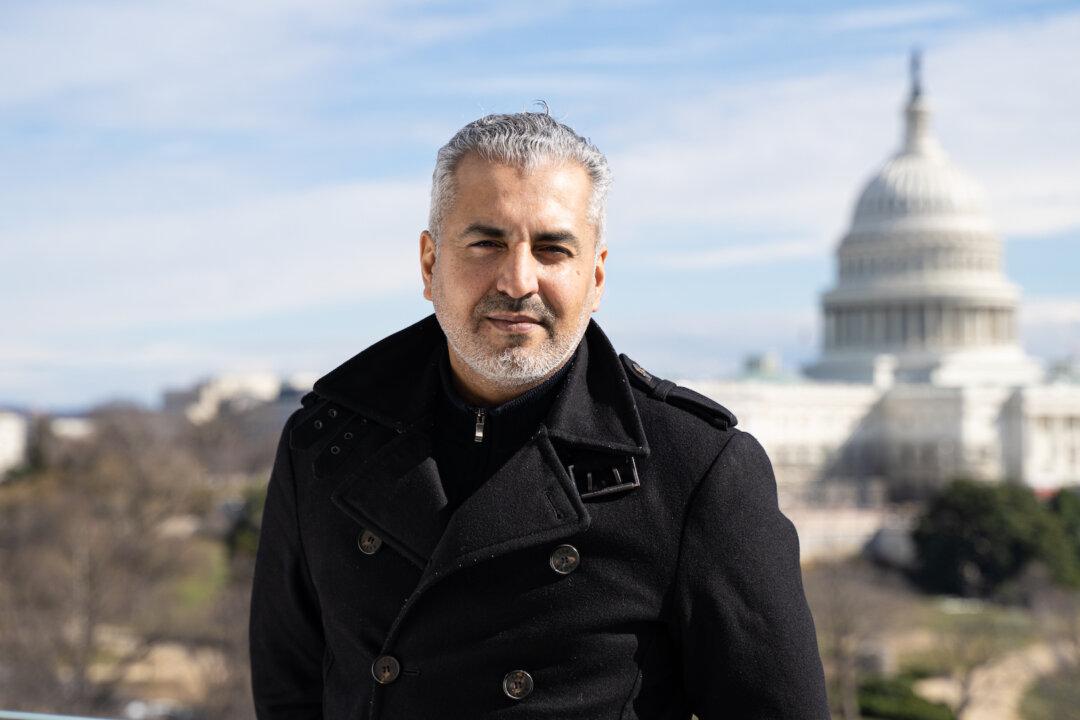Maajid Nawaz knows what it’s like to be radicalized by outside influences, because it happened to him.
Nawaz, a former Islamic extremist and author of the book “Radical,” said recently that he’s seeing the elites in power using the same tactics his extremist organization used to undermine people’s belief systems with specific narratives.






